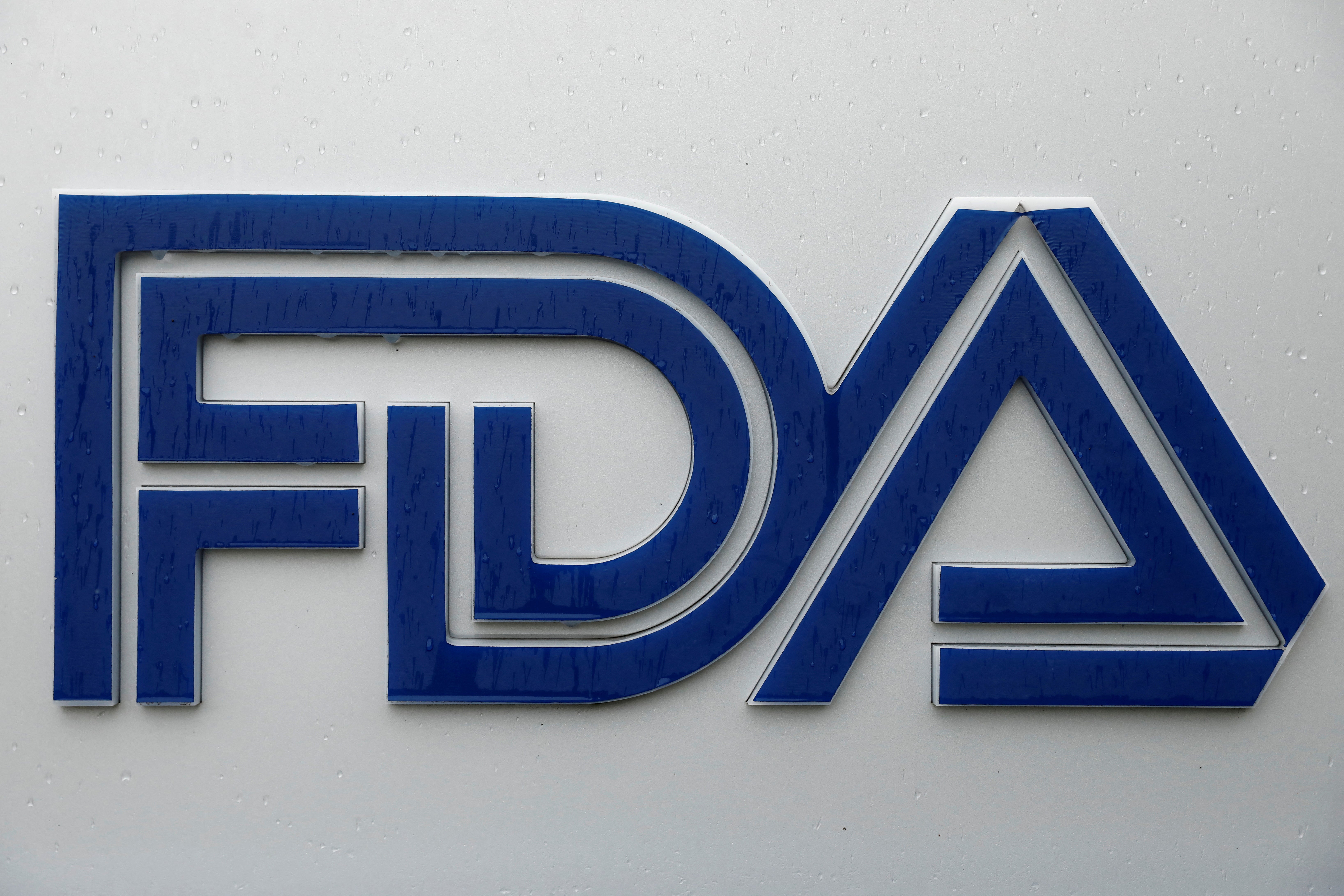Food-borne illnesses and recalls of tainted food products both saw significant increases between 2023 and 2024, according to a new report.
In 2024, approximately 300 food recalls were issued, with those recalls being linked to nearly 1,400 illnesses, a Public Interest Research Group report revealed.
Out of the 1,400 illnesses, 487 people became sick enough to require hospitalization, and 19 people died. While those numbers are still low when weighed against the entire U.S. population, they are also double the number of hospitalizations and deaths from food-borne illnesses in 2023.
Despite the increase in illnesses, there was a decrease in the number of recalls issued. According to the report, while the U.S. Food and Drug Administration saw an eight percent increase in recalls, the U.S. Department of Agriculture had a 38 percent drop. The USDA regulates meat, poultry, and some fish products.
Public Interest Research Group Director Teresa Murray told CNN that an uptick in recalls does not necessarily mean an increase in risk from food products. She said that changes in the number of recalls can sometimes just be the result of a federal or state regulatory agency increasing its testing.
“Most years, the number of recalls doesn’t necessarily have anything to do with the safety of food,” she said.
Murray said most recalls are issues that are noted, caught, and addressed before anyone gets sick. But 2024 was different.
"It’s absolutely significant that the number of hospitalizations and deaths doubled from the previous year,” she said. “That seems to indicate that the food that was out there was perhaps more contaminated, sometimes with higher concentrations of bacteria to drive people to the hospital.”
Almost all of the illnesses stemming from food products last year can be traced back to 13 major outbreaks.
At least two of those outbreaks were attached to popular food brands; an E. coli outbreak in McDonald's Quarter Pounder sandwich onions, and Listeria contamination in Boar's Head deli meats.

In the former, 104 people fell ill, 34 people required hospitalizations, and one person died. In the case of Boar's Head, 61 people became ill, 60 people required hospitalization, and 10 died.
More than a quarter of all of the hospitalizations tied to food recalls in 2024 were caused by contaminated meat and eggs. But proteins weren't the only drivers of illness; Salmonella-tainted cucumbers drove more than a third of all hospitalizations, with onions and carrots both causing their fair share of sickness.
Murray warned that food items that we don't always cook before consuming — like vegetables — can sometimes be the worst drivers of illness.
According to the report, recalls caused by E. coli, Listeria, and Salmonella increased more than 40 percent, and caused more than a third of all food recalls in the country last year.
Another third of the recalls were caused not by bacteria but by allergens. When allergens like tree nuts are added to products, they must be labeled. Foods that are processed in facilities that contain allergens — even if the products themselves aren’t made with them — must also be labeled. Sometimes cross-contamination happens, and an allergen will end up in a product on accident or a product will have improper labelling and leave out an allergen warning. Whenever that happens, a product must be recalled and properly labelled.
But things appear to be improving on the allergen front. In 2023, allergens were the cause of nearly half of all recalls. Last year, they only accounted for a third.
While it can be scary to read about recalls and illnesses and deaths, it's important to remember that much of the uptick is due to better testing and detection methods.
In 2011, then-President Barack Obama signed the Food Safety Modernization Act into law, which added more than a dozen regulations aimed at improving food safety. The rules took aim at various stages of the food production process, from watering to transportation to manufacturing and labelling.
Many of the changes were rolled out over the course of the last decade, which may explain why we're now seeing an uptick in recalls and illnesses that can be traced to recalls.
Now that Donald Trump's administration has taken over the White House and has made clear its desire to dismantle the federal government, it's unclear what will happen to the agencies tasked with protecting consumers from tainted food and improper labelling.
U.S. Department of Health and Humans Services Secretary Robert F Kennedy Jr said he wants to reform the US food system, but has insisted that his main goal will be to increase transparency.
What that ultimately looks like remains to be seen.







